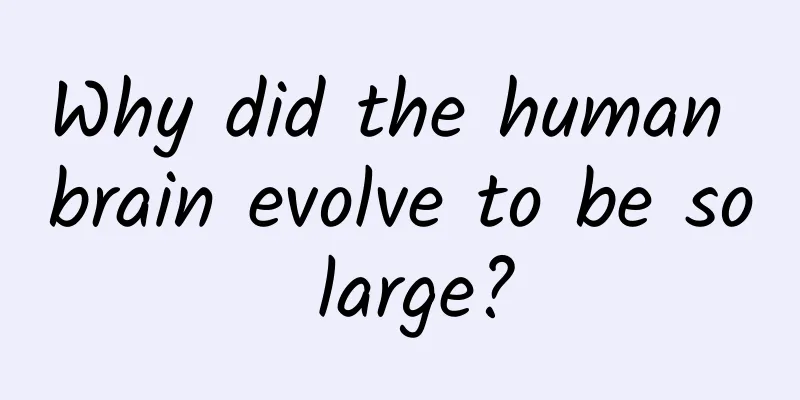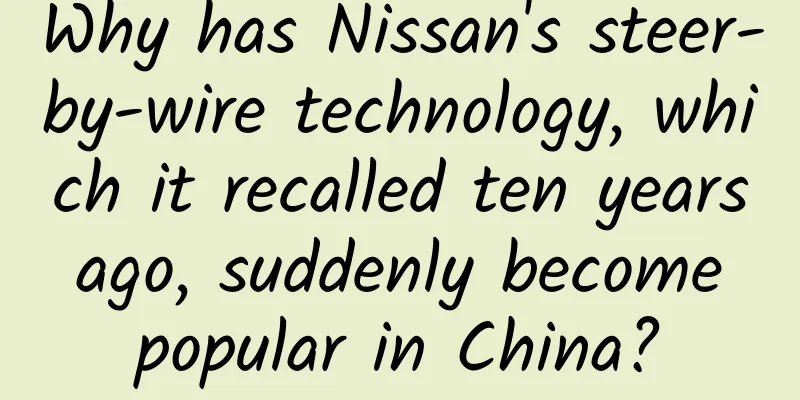Why did the human brain evolve to be so large?

|
So far, evolutionary anthropologists have offered three main explanations for why the human brain evolved to be so large (each of which has more detailed subtheories): Environmental explanation: Survival challenges—such as finding food, hunting animals, or remembering food sources—tend to select for large brains. Social explanation: The selection pressures of interacting with others (whether cooperatively or competitively) favor those with brains that are sufficiently developed to anticipate the actions of others. Cultural explanation: Those who can accumulate knowledge in long-term memory and pass it on to others have a greater chance of reproducing. Cooking may be one of the cultural factors. Biological anthropologist Richard Wrangham proposed in his 2009 book Catching Fire that once we learn to cook food, we can obtain calories that are easier to digest and absorb, thus having extra energy and time for brain development.) All three factors probably play a role, and they influence each other. But the mix of these factors has to be just right to create the human brain as we know it. For example, if natural selection favored high cooperation, the result would be a small human brain. Think of it this way: if you are highly dependent on others, you don't need to use your brain very much. Ants, which are amazingly cooperative, have a very small brain. Bees are similar. In addition, there are gains and losses. A developed brain involves a major disadvantage: it requires a lot of fuel. Today, 20% of the energy generated by the body's metabolic activities is supplied to the brain. If the selection pressure is slightly different, the human brain may take another evolutionary path: use this energy for reproduction (or advance the age of sexual maturity) or develop a stronger physique. But we did not evolve any of these, and only evolved a super energy-consuming brain. So how do we know which factor is the most important in this process? Freireau's paper: Environmental factors may outweigh social factors Usually, people explore the question of "why the human brain is so big" from the perspective of correlation research. Anthropologists and biologists study the brains of different species and try to infer the following question: what behavioral changes become possible after the animal's brain becomes larger? For example, in many primates, social learning is correlated with larger brain capacity. This method of research is a bit messy, and it is difficult to draw firm conclusions. (Also, human evolution cannot be verified experimentally. You can't exile a group of people to an isolated island with different environmental pressures and observe how they evolve.) So, Frérot and his co-authors turned to math. They built a computer model that simulated different hypothetical scenarios for human evolution: one in which all the selection pressures came from the natural environment, and one in which all the selection pressures came from social life. (They did not model cultural scenarios, but hope to do so in future research.) The model considered the metabolic benefits and costs of an ever-larger brain relative to the rest of the body. Then they ran the program to try to answer a question: How do these factors fit together to form the human brain we have today? The model shows that the natural environment best explains the size of the human brain. The challenges of the natural environment, and the challenges of living in groups with relatively mild impacts, led to the rapid expansion of human brain capacity. Perhaps a large part of human evolution took place in the savannah of Africa, where food and water are more difficult to obtain than in the forest. Humans also had to use their brains to avoid the heat. But questions remain. "If we find that difficult natural environments led to the evolution of larger and larger brains in humans, this raises the question: why is this only true for humans? Why not for other species?" says Frérot. Many species survive in harsh natural environments (some have even adapted to dark caves), but have never evolved to the point of ordering a pizza using a smartphone (which would be the absolute pinnacle of human intelligence and evolution). Perhaps this is where culture—the ability to learn and pass on knowledge—comes in. In difficult environments, accumulating knowledge about the environment makes survival much easier. This is not to say that social factors don't play a role. After all, humans are highly social, gregarious animals. This may also be a result of evolution. At the very least, it is difficult to imagine how you can share cultural knowledge without fostering social cooperation. |
<<: They are called the "all-round king" of nutrition! Eat more of these 6 vegetables in spring!
>>: Be careful! Ubiquitous lasers may ruin your eyes
Recommend
More "terrible" than sugar and salt! Three highs, diabetes all come to you! You may eat it every day
This article was reviewed by Pa Li Ze, chief phys...
After the bubble, the iceberg and fire of smart hardware
[[123651]] As the passion of smart hardware entre...
For corporate short video operations, grasp these 5 points!
How to achieve marketing demands through corporat...
Fourth in the world! He led the team to conquer chlortetracycline and broke the US monopoly
In January 1956, the CPC Central Committee decide...
12 Fanstong case studies to unlock creative information flow routines!
In recent years, traditional home furnishing and ...
Google Play is not far from China, maybe it will return by the end of the year
Many foreign media have confirmed that Google int...
With a range of 530 km, equipped with Tencent car networking, and 1.32 times the subsidy, Trumpchi GE3 530 starts pre-sale
With the gradual decline of new energy vehicle su...
How to use short videos to direct traffic to the live broadcast room!
This is a relatively hardcore article. In additio...
How to plan an event well?
The essence of the activity is communication. Pre...
The history of the battle between elephant ghosts and machines
© wikimedia Leviathan Press: I personally have al...
Apple cannot be jailbroken, Android must be rooted
If you ask me whether there are any pros and cons...
Yonhap News Agency: LG Electronics' operating profit is expected to be 3.43 trillion won in 2024, down 6.1% year-on-year
According to Yonhap News Agency, LG Electronics&#...
Tips for soft article placement!
There are a lot of people who know how to promote...









